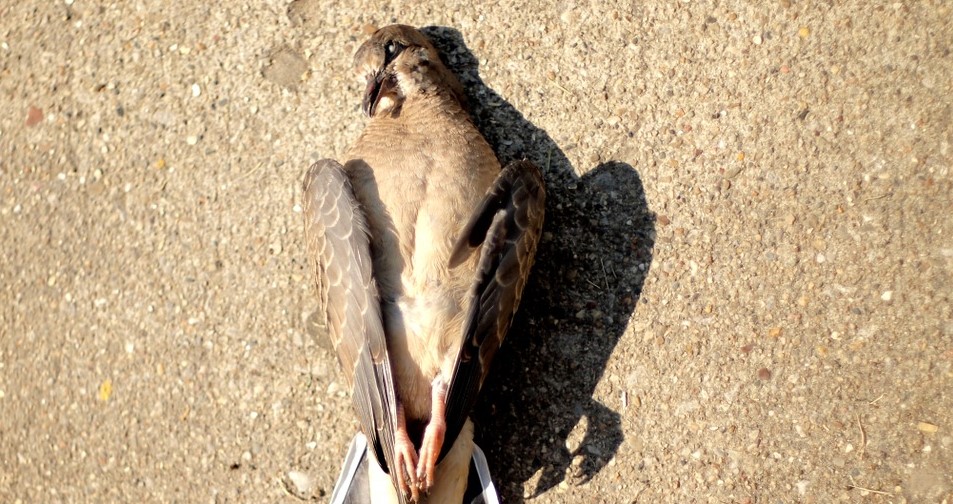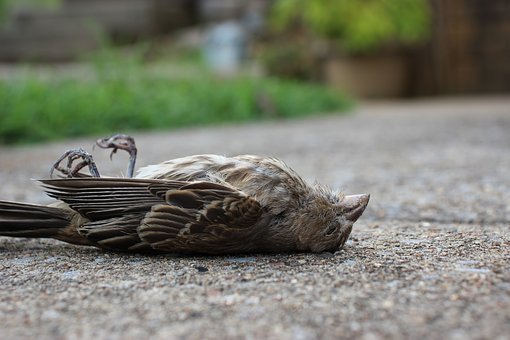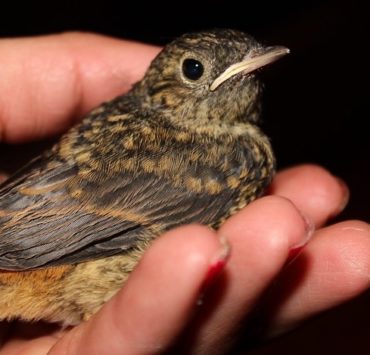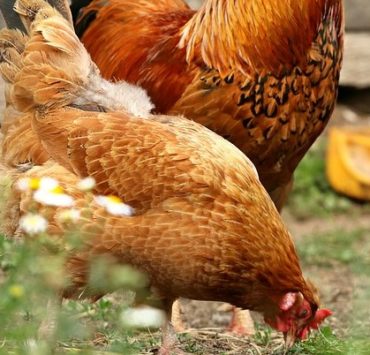
The sudden death of a pet bird is one of the most heartbreaking things you’ll ever go through. Every bird lover has likely experienced this at one point in their lives.
Sometimes, it happens with no signs or warning, and most people have no idea why. Your bird could have been perfectly fine and healthy one day, only to die without cause the day after.
The sad reality is – most bird owners don’t know how to recognize the symptoms of some of the diseases that could be ailing their pets. What might appear “sudden” could have been an illness your bird was grappling with for a while.
This guide explores everything you need to know about bird sudden death and what you can do to prevent it.
How Do You Know When a Bird Is Dying
Birds can fall ill and die within a relatively short period. Regardless of the type of pet bird you have, the symptoms of illness are usually the same. Here are some of the most common signs a bird is dying. If you notice any of them, you need to contact your avian vet as soon as possible.
Breathing Difficulty
If your bird appears to have rapid or labored breathing, which is or isn’t accompanied by wheezing or clicking sounds, it’s a sign that they’re critically ill.
You might also notice them bobbing their tail or stretching their necks to try and get more air into their system. Breathing with their beak open is also a tell-tale sign that they’re having a hard time inhaling.
Discharges
Some birds produce a discharge around their eyes, nares (nostrils), and/or ears when they’re very sick. You might also notice some discoloration and swelling in these areas, which indicates inflammation.
Lethargy
Pay attention to your bird’s posture. If they appear very still in a hunched over position with their eyes closed or half-closed the majority of the time, this is a sign that they could be on their deathbed.
You might also notice that they’re resting at the bottom of their cage, as opposed to sitting on their perch. Sick and dying birds will often show minimal movement. If they do move, they appear to lack balance and coordination.
Loss of Appetite
If your bird is no longer eating as they should or refusing to eat entirely, this is a definite sign that they’re not doing well. You may also notice that they’re starting to lose weight.
You’ll be able to tell by weighing them on a scale or gently feeling around their breast area. If you can feel their breast bone, it’s a sign that they’re dealing with a serious health condition.
Poor Condition of Feathers
If your bird starts to shed their feathers, and their underlying skin looks dry and scaly, this points to critical illness. Their feathers may also appear dull, discolored, and disheveled.
Keep in mind that birds may also pluck their feathers due to anxiety or stress. Although this sort of behavior isn’t life-threatening, it is, however, a sign that your bird is severely distressed.
Puffed-Up Appearance
Birds that are critically ill usually puff up their feathers to trap air around their bodies and keep themselves warm. They often do this when they feel a cold draft of air or when they’re sleeping, so this isn’t unusual.
If, on the other hand, their feathers stay puffed up for prolonged periods, even when it’s not chilly, it could be due to a fever or infection.
Shaking and Shivering
A bird that’s dying will often shake and shiver, almost as though they’re cold. Some species may even appear to be having seizures with more dramatic trembling and falling over when they try to move. When a bird exhibits these symptoms, death isn’t too far off the horizon, and you need to get them medical care immediately.

Why Did My Bird Die So Suddenly – Causes of Sudden Death
Here are some of the most common causes of bird sudden death.
PDD in Birds
PDD is short for Proventricular Dilatation Disease. It mainly affects birds in the parrot family, including budgies, cockatoos, conures, macaws, etc. PDD can affect a bird in two ways.
It may affect the brain and central nervous system or the gastrointestinal tract. Both forms are fatal, although the latter is more prevalent.
Aspergillosis
This is a respiratory tract infection caused by the Aspergillus fungus – a spore that thrives in damp and dirty environments. The two main forms of this disease are – acute and chronic Aspergillosis. The latter is more fatal, given its insidious nature.
Birds rarely develop any clinical symptoms up until the disease has progressed to a level that’s beyond treatment.
Pulmonary Sarcocystosis
This bird respiratory infection is caused by a protozoan known as Sarcocystis falcatula. Once it enters a bird’s system, it causes cysts in the lungs, muscles, and even the nervous system.
They usually don’t exhibit any symptoms at first. Once the disease is in its advanced stages, birds become restless and puffed-up, at which point it becomes impossible to save their life.
Stress
Can a bird die from stress? This is a common question among bird owners. The short answer is – yes, they can. Birds get stressed too.
Stress can be physical or psychological. Physical stress can be further divided into emergency stress – where a bird reacts to an immediate threat, and continued stress – such as crowded living conditions in a cage.
Birds react to stress by releasing a large amount of adrenaline into their bloodstream, raising their blood pressure. If the amount of stress is overwhelming, this can exhaust the adrenal glands – a usually fatal condition.
Recognize the Signs Early
If you’re wondering how to save a bird from dying, the best way would be to learn how to recognize the signs and symptoms of critical illness in its early stages. Observe your bird’s daily habits so that you can immediately identify any changes in their behavior that point to sickness.
If you notice any unusual signs, get in touch with your veterinarian as soon as possible to give your bird a fighting chance at survival.
For more information on your bird’s health, use our online Vet Chat to talk to any of our qualified avian veterinarians today.



